BadPhotos
TPF Noob!
- Joined
- Mar 24, 2022
- Messages
- 2
- Reaction score
- 3
- Can others edit my Photos
- Photos OK to edit
Hi All,
I recently started photography and got a DSLR.
I have been following a lot of channel on YouTube and forums like this about photography and realized that taking photo is just the tip of Iceberg, and you HAVE TO KNOW EDITING to make it presentable.
I have no grudge with editing and infact amazed how talented people are out there who know PS and Lightroom that well but then is there any forum/platform where the actual raw(not the format) and unaltered pics are appreciated or considered.
Or is it just me who wasn't aware that before even getting a camera, I should have learned PS.
I recently started photography and got a DSLR.
I have been following a lot of channel on YouTube and forums like this about photography and realized that taking photo is just the tip of Iceberg, and you HAVE TO KNOW EDITING to make it presentable.
I have no grudge with editing and infact amazed how talented people are out there who know PS and Lightroom that well but then is there any forum/platform where the actual raw(not the format) and unaltered pics are appreciated or considered.
Or is it just me who wasn't aware that before even getting a camera, I should have learned PS.



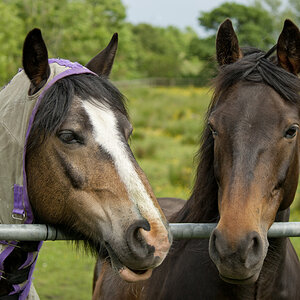
![[No title]](/data/xfmg/thumbnail/32/32708-c55da623febe9d91efe5f28aa54c3090.jpg?1619735612)

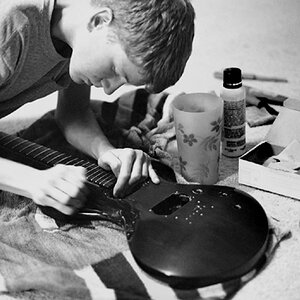
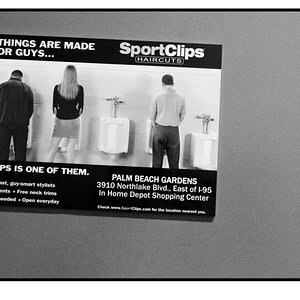
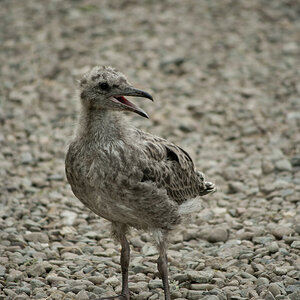
![[No title]](/data/xfmg/thumbnail/32/32705-430f9656769ce9d03c57fbe11537d5f5.jpg?1619735608)
![[No title]](/data/xfmg/thumbnail/42/42255-14c14cc733bc4ab5cd38a6fa6783ece1.jpg?1619740064)
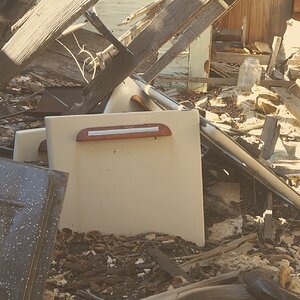
![[No title]](/data/xfmg/thumbnail/32/32706-50b778fbc110c8ea4472547d54c6a923.jpg?1619735610)
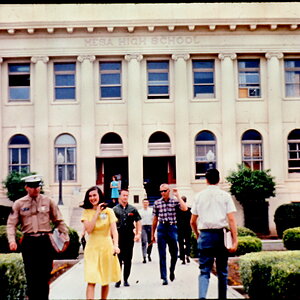
![[No title]](/data/xfmg/thumbnail/41/41765-153b10bab62ae8adbcc4d984fd08ed74.jpg?1619739885)